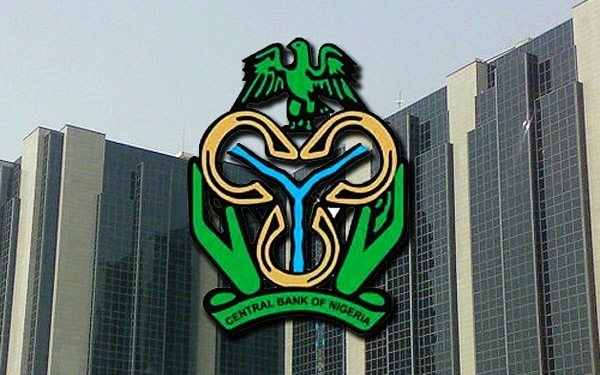- CBN reports over $1.5 billion inflow into Nigerian economy, signaling effectiveness of monetary policy initiatives in stabilizing foreign exchange market.
- Acting Director Hakama Ali highlights significant inflows, attributing success to concerted actions aimed at market stability, resulting in Naira gains
The Central Bank of Nigeria (CBN) has reported an inflow of over $1.5 billion into the Nigerian economy in recent days, signalling the effectiveness of its monetary policy initiatives.
According to Hakama Ali, Acting Director of the Corporate Communications Department at the CBN, this influx reflects the success of efforts to stabilize the foreign exchange market.
Ali highlighted that data available to the bank indicates significant inflows attributed to concerted actions aimed at market stability. The Nigerian Naira has also exhibited gains in the Autonomous Foreign Exchange market, trading at N1,309/$1, a notable improvement from N1,611/$1 in the second week of March 2024.
Thursday’s exchange rate underscores positive momentum for the Naira, indicating a favourable trajectory.
Ali reiterated the commitment of the Yemi Cardoso-led CBN to market stability and ensure the appropriate pricing of Naira against major global currencies.
The announcement follows the Monetary Policy Committee’s decision to raise the benchmark interest rate by two percent, from 22.75 percent to 24.75 percent on March 26, 2024.
Governor Olayemi Cardoso emphasized during the post-meeting briefing that the CBN had cleared all verified foreign exchange backlog, anticipating enhanced liquidity in the foreign exchange market.
Additionally, the CBN conducted a Nigerian Treasury Bills (NTBs) auction on March 27, 2024, amounting to N1.64 trillion, with stop rates of 16.24 percent, 17 percent, and 21.124 percent for the 91-day, 182-day, and 364-day tenors, respectively.
The interest rate increase elicited concerns from citizens and economic experts. However, Cardoso explained that the move aimed to align the interest rate with prevailing inflation rates, striving for economic stability through collaboration between monetary and fiscal policies.










Discussion about this post